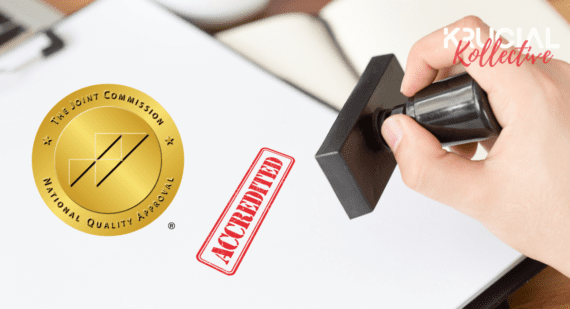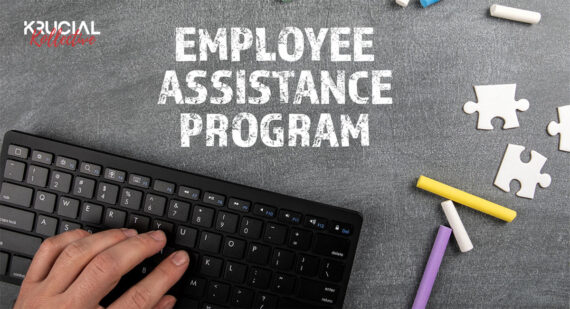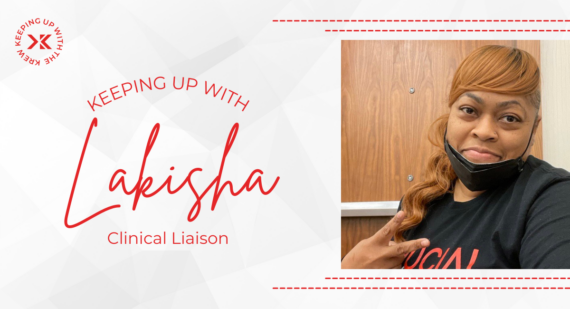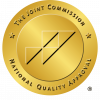
Beginner’s Guide to Healthcare Contracts
By: Ben Phelps
“I wish I didn’t travel so much,” is probably something you haven’t heard before and probably won’t hear anytime soon.
Travel is enjoyed and pursued by many, but few people have the chance at a career that allows them to travel as part of their job. For those working in the healthcare field, they know that travel and work can go hand in hand.
The financial security in healthcare travel contracts allows those with wanderlust to follow their dreams and explore the world more. Lodging is even provided for some travel positions, allowing for the income earned on contract to be easily split between bills at home and the fun on the road. During the pandemic, we saw a boom in the travel healthcare industry. Workers were needed everywhere, and travel was more accessible and lucrative than ever before.
However, the travel healthcare industry was alive and well long before the pandemic, and it’s not going anywhere now either. So, whether you’re a seasoned travel veteran or just taking the first steps into learning more about a travel career, this guide is for you.
Before the Contract
The beginning of an adventure usually starts a question:
“What would it be like to go somewhere new? Am I satisfied with my current work? What’s the next step for me?”
Taking a position as a travel contract worker is no different, but to answer the question of what travel would be like, you actually have to travel. So, to avoid the stress that comes with starting an adventure, it’s best to prepare as much as possible.
The first thing to get lined up is your own home. You’ll be gone anywhere from 4 to 13 weeks, so you have to make sure that everything is secured and ready for your departure. Do you have pets? Plants? An old casserole in the fridge you need to toss? If you’ve got family or friends in the area willing to hold down the fort then that’s perfect, but if not, don’t worry! You can still travel. You just have to find the right contract or do the right prep work.
After your home is ready, you should take one more step before you begin to look for contracts. That next step is all about documents. It’s a good idea to update your resume and make sure all your certifications and licenses are up to date as well.
Those are the basics, but if you want to go the extra mile and really stand out when you start looking, you should have your immunization records prepared and references ready to go. All recruiters will need a current resume, license, certifications, immunization records and references at one point or another. It’s a good practice to have them ready before you start looking for a contract. That way you only have to worry about finding the contract that’s best for you!
Once your documents are prepped, it’s time to start the hunt. When choosing a travel contract, everyone usually has the same 3 big priorities: compensation package, location, and working conditions.
Now hopefully you can find a contract that has the best of all 3, but sometimes you can’t, so choose what you’re willing to work with. Are you willing to get better working conditions for less compensation? Or maybe you’re willing to put up with challenging working conditions for a great location. Whatever you decide, if you’re able to secure a contract with 2 of the top 3 priorities being met then you’re doing well. It’s also important to remember that if you’re out there traveling, you’ll be out there connecting with other travelers who can help lead you to the best contract for you.
When you find a contract, you’re ready to say yes to, it’s time to start packing and planning. Look up the area you’ll be staying in. What kinds of activities are you planning on doing there? Hiking? Pack good shoes. Swimming? Pack a few swimsuits. After that think about how long you will be there. If you’re going to be there for 13 weeks, consider packing a few things to remind you of home.
When packing it’s also a good idea to look up what kind of stores will be close by. Sometimes you’re in a large city with lots of stores nearby to go pick up whatever you need, but other times you’ll be in a rural area with the closest grocery store a few miles away. So, make sure you pack those items that are hard to find, like your favorite hair product or your secret seasoning mix to spice up those on-the-go meals. Once you’re packed and ready to go, check with your recruiter and agency one last time. Consider calling the facility too, just to make sure you have everything you need wrapped up.
During the Contract
The first day of travel can be stressful and difficult, so before you even leave your house, mentally prepare yourself for anything that could happen. Once you get to your new home away from home, what’s first? Getting settled. If you’re not arriving and starting a shift the same day, take some time to set up your stuff and maybe go for a walk near your new place. Within those first few days it’s important to take steps to make sure you have everything you need to be comfortable for the length of your contract. If you don’t get it taken care of in that time, there’s a good chance you’ll put it off and then reach the end of your contract before you even realize it. While it’s tempting to go and explore the area immediately, pace yourself, you’ll have plenty of time to check out the area later.
Throughout your contract, whether it’s the first or last day you must always be communicating. As soon as any issues arise, bring it up with your travel agency and recruiter immediately. Even if it seems small, in just a few weeks things can pile up. If something goes wrong at the facility, speak up! If you’re not sure about your pay, ask! Even if something important happens back at your home, let your facility, agency, and recruiter know! Most of the time issues can be fixed or worked out in one way or another, but if no one knows about an issue, then nothing can be fixed.
When you take on a travel contract, it can be easy to take on extra responsibility and even overextend yourself, but you have to keep in mind what you are there for: You’re there to help, not to fix. Of course, you want to bring a positive attitude into the facility and do everything you can to make sure your patients are cared for. Don’t be afraid to remind yourself that you’re there to help underserved patients receive better treatment and offer temporary relief to fulltime workers while facilities recover.
Lastly, don’t forget to get out there and see all the area has to offer. You’re in a travel career for a reason. Go out and meet new people, try new things, see new places! If you feel like you’re getting too busy, plan a relaxing day. Try a spa in the area or go have a nap out in a hammock. As a travel worker, it’s your job to bring back cool and fun stories for everyone waiting for you back at home too.
Ending the Contract
When it comes to ending a contract, most people think of the main 2 options: extension or completion. It’s best to start talking to your recruiter a few weeks before your contract ends about extensions or other opportunities. If you don’t want to extend, see what other options are available for you in the agency. It’s a lot less work to take another contract with the same company. Letting your recruiter know why you aren’t interested in extending at a facility is always a good idea too. It helps let them know what kinds of work you’re looking for and what you’re not.
No matter how your contract comes to an end, it’s always best to try and wrap things up on a positive note. Having the ability to come back to a facility or agency is always better than burning a bridge. If for some reason you do have to break up with a facility or agency early, find out what the policies are first and see if something can be worked out.
In an ideal contract though, you won’t have to worry about any of that, and you’ll be able to extend and keep your adventure going for longer. Some even extend their contract so many times they are offered a permanent position at a facility. Of course, if you’re not looking to settle down just yet, you can always come back here for a refresher on what to do for your travel contract.
Interested in contributing to the Krucial Kollective? Send us an e-mail at social_media@krucialrr.org and let us know what you would like to write!
When you take on a travel contract, it can be easy to take on extra responsibility and even overextend yourself, but you have to keep in mind what you are there for: You’re there to help, not to fix.




